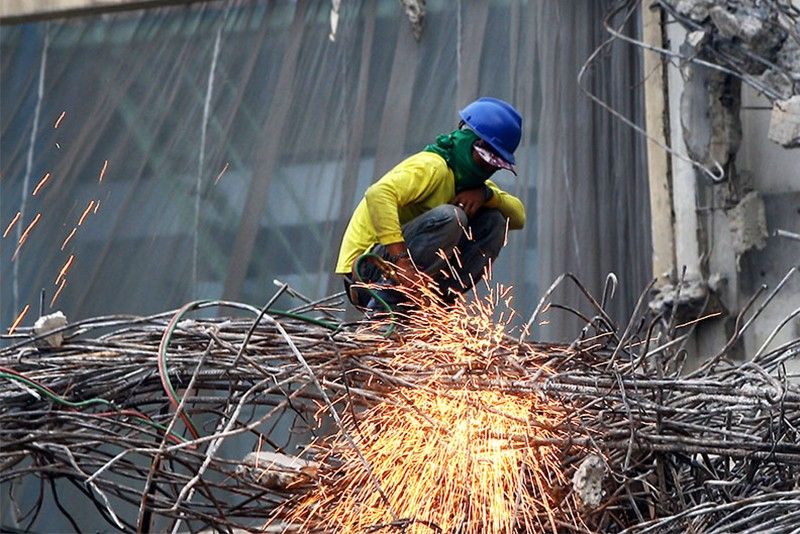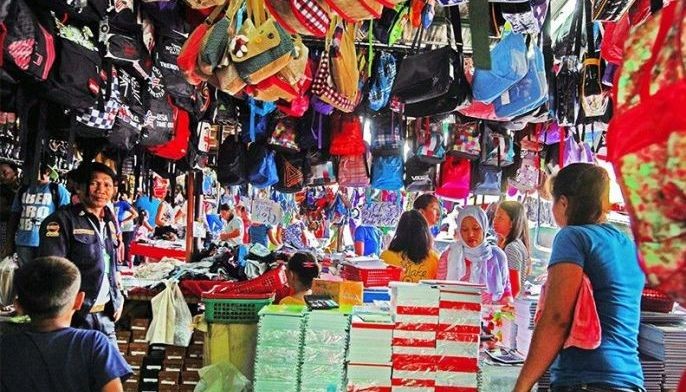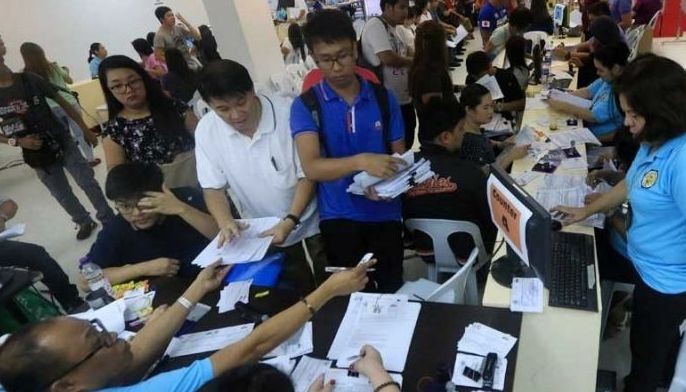Economic growth to ‘heavily’ depend on government spending — analyst

MANILA, Philippines — The Philippines will need to “heavily” depend on heightened state spending to fuel economic growth, as household consumption will likely remain in retreat due to rising prices of goods and higher borrowing costs, a global bank said.
Data from the Bureau of the Treasury showed disbursements jumped 26 percent year-on-year to P298.6 billion in September.
In nine months, the budget gap amounted to P378.2 billion, 78 percent wider than a year ago but still below the P396.6 billion programmed for the period, figures showed.
The country’s policymakers have recently downgraded their growth outlook for this year to 6.5-6.9 percent from their initial estimate of 7-8 percent amid stubbornly high global oil prices, rising interest rates and red-hot domestic inflation.
In a market commentary, Nicholas Mapa, senior economist at ING Bank N.V. in Manila, said the government would have to jack up disbursements to cushion the projected slowdown in consumer spending, which accounts for about seven-tenths of the economy.
Mapa said strong government spending will likely supercharge economic expansion to 6-6.5 percent in the second half of 2018.
“In order to clear the full-year programme spend of P3.76 trillion, government spending will need to approach 40 percent growth on top of last year's impressive fourth quarter print,” he said.
“Given the recent resolve the government has displayed in spending these past months, our forecast for [the second half] will rely more heavily on the national government's ability to stimulate the economy to offset the projected deceleration in household consumption as the twin effects of accelerating inflation and higher borrowing costs begin to bite,” he added.
Inflation spiked to a nine-year high of 6.7 percent in September, keeping the pressure on the Bangko Sentral ng Pilipinas to hike its key rate further.
Philippine policymakers have been concerned about threats posed by soaring prices on the economy, which posted a sluggish growth of 6 percent in the second quarter, the slowest pace in three years.
Some analysts expect economic growth to remain tepid over the second semester of the year as tighter monetary policy and higher inflation weigh on household consumption, which has long been the main driver of economic activity.
According to ING Bank’s Mapa, election-related expenditures could kick into “high gear” ahead of the May 2019 polls, which may provide impetus for the economy on top of the government’s current efforts to upgrade the country’s outdated infrastructure.
But Mapa said the state would have to match the accelerated spending with higher revenues, adding that the government could raise more funds through a mix of foreign and local borrowings. — Ian Nicolas Cigaral
- Latest
- Trending
































